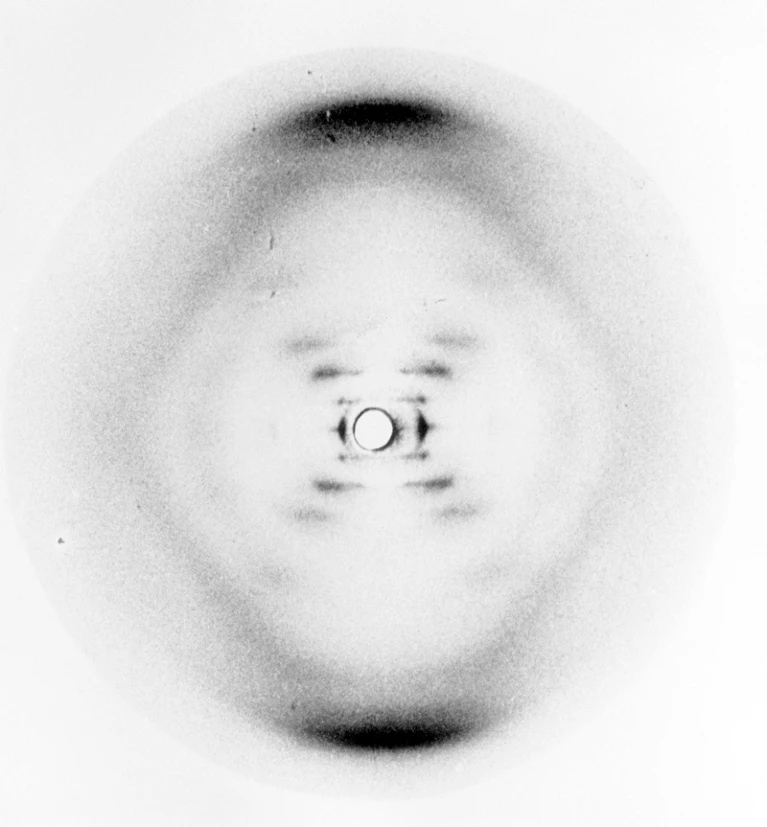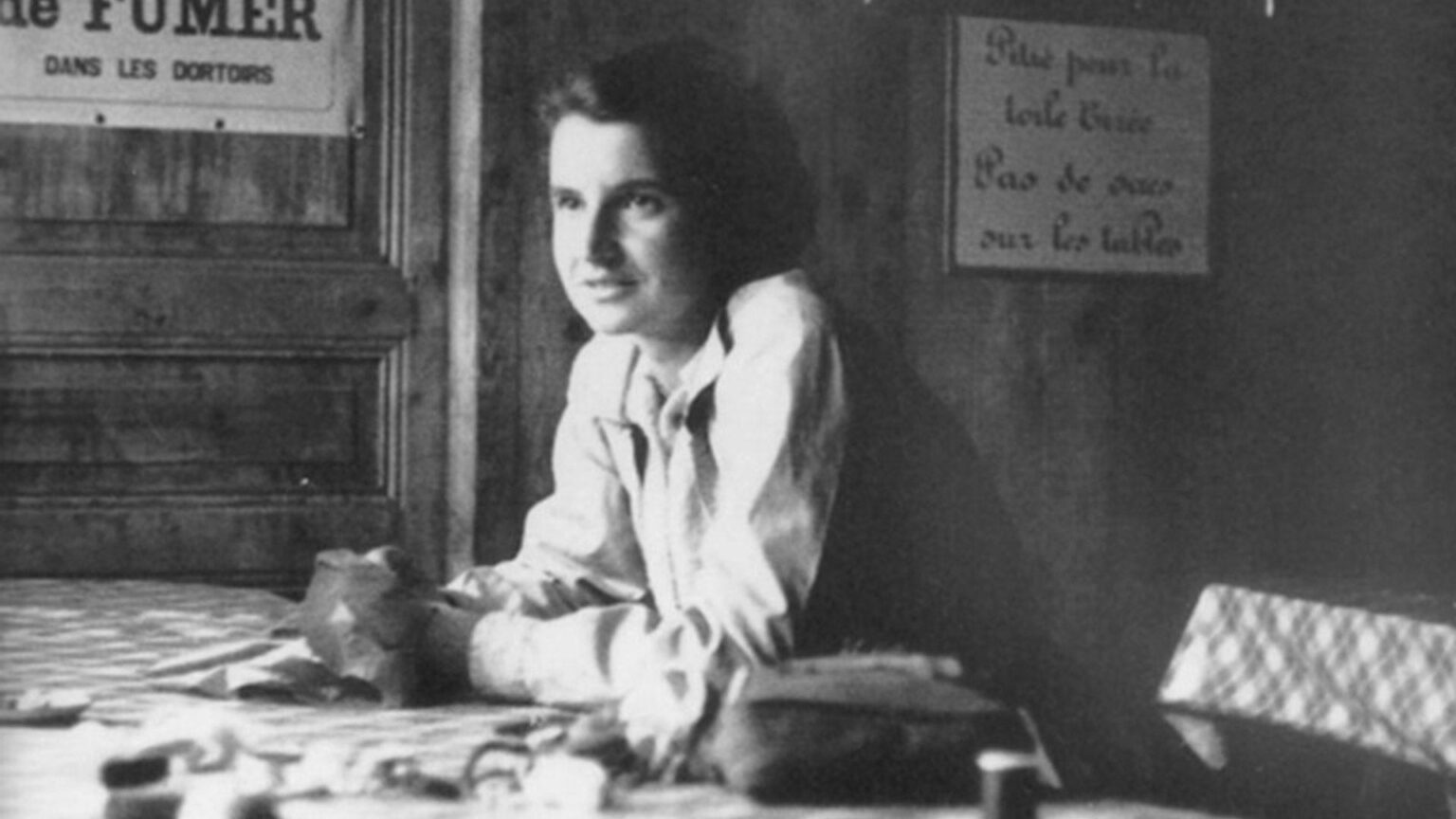The hidden heroine of the DNA double helix
The remarkable story of Rosalind Franklin, and the inspiration she provides for girls in science.
Makliya Mamat / April 27, 2023
This week marks the 70th anniversary of the publication of one of the most important scientific discoveries in human history – the discovery of the DNA double helix structure. While James Watson and Francis Crick are often credited with this groundbreaking achievement, it’s important to recognize the significant contributions of Rosalind Franklin, a brilliant British chemist and X-ray crystallographer.
Franklin’s work on the structure of DNA was instrumental in providing the critical data and insights necessary for Watson and Crick to construct their model of the molecule’s shape. Her meticulous experimental methods, attention to detail, and pursuit of scientific truth serve as an inspiration to all aspiring scientists.

Franklin and Gosling’s X-ray diffraction image of B DNA, known as Photograph 51.
Despite her significant contributions to this discovery, Franklin’s work went largely unrecognized during her lifetime. A difficult working relationship with her colleague Maurice Wilkins resulted in him showing her data to Watson and Crick without her consent, leading to the publication of their landmark paper in Nature in 1953. Tragically, Franklin passed away just five years later from ovarian cancer at the age of 37, never fully realizing the impact of her work.
Today, there are many initiatives aimed at increasing the representation of women in science and encouraging girls to pursue careers in STEM fields. These efforts are critical to ensuring that we continue to benefit from the diverse perspectives and contributions of all members of our society. Rosalind Franklin’s story reminds us that, even in the face of adversity, perseverance and a commitment to excellence can lead to groundbreaking discoveries and lasting impact.
“Science and everyday life cannot and should not be separated. Science, for me, gives a partial explanation of life. In so far as it goes, it is based on fact, experience and experiment.” Rosalind Franklin, in a letter to her father, summer 1940.

Contents
Newsletter
- Updates from Makliya Notes will be delivered to your inbox.

